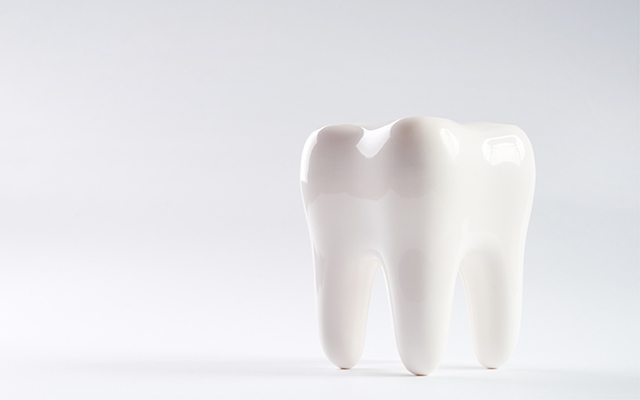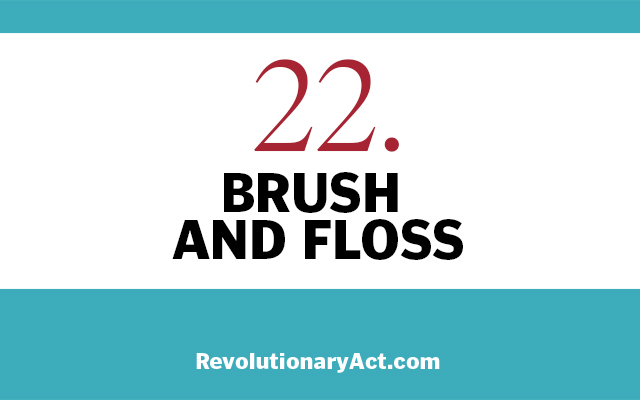These small ulcers on the soft tissues of the mouth or on the gums aren’t contagious, unlike cold sores. But they can make eating and talking uncomfortable.
They appear to share several root causes with ulcers in other parts of the GI tract, including infection with Helicobacter pylori bacteria and overuse of nonsteroidal anti-inflammatory drugs like ibuprofen. They may also be triggered by harsh oral-care products.
“Canker sores are often the result of modern oral products like toothpaste and mouthwash,” says family and sleep-medicine dentist Mark Burhenne, DDS. Many toothpastes contain sodium lauryl sulfate (SLS), a sudsing agent that gives that foamy effect when you brush your teeth.
“That foamy feeling might feel good, but SLS actually strips away the protective lining of the mouth,” he explains. “I can tell when my patients are using a toothpaste with SLS in it because of the sloughing of cheek cells. It’s one of the most recognizable conditions in the mouth.”
Studies have shown that using an SLS-free toothpaste can decrease the frequency of canker sores.
Food intolerances are another common culprit. “With ulcers, I always think about irritation from food sensitivities,” says integrative and functional-medicine researcher Cass Nelson-Dooley, MS, and author of Heal Your Oral Microbiome.
She recommends eliminating gluten from the diet, as well as getting enough amino acids, micronutrients, and essential vitamins and minerals to support the health of mouth tissue.
This was excerpted from “What Your Mouth Is Trying to Tell You” which was published in Experience Life magazine.





This Post Has 0 Comments